
After a few days in the fridge, your bok choy will start to let you know that it's past its prime. Even before discoloration sets in, you'll notice a loss of the firmness that makes bok choy an enjoyable green to eat raw. Storing the veggie in the fridge unwashed, and giving it a good once-over before cooking, will prevent you from serving up a plate of bad bok choy.
The Right Color
The first sign of bad bok choy is the color of the leaves and stems. Fresh bok choy has a bright green leaf held together by a creamy white stem. When bok choy goes bad, the color turns as well. Dull or light green leaves and yellow stems are signs of bad bok choy. The most common color change when the green goes bad, however, is the spots that appear on the leaves and stems. Much like the brown spots that appear on overripe bananas, the brown spots on bad bok choy only appear once the green goes past its prime.
The Right Texture
Good bok choy is crisp and firm in the stalks and leaves. When the leaves become wilted and the stalks rubbery, the bok choy is ready for the trash. In fact, you should throw away any bok choy with stalks that aren't crunchy or plants with leaves that droop when held at the stalk. Limp and chewy bok choy has gone bad.
The Right Flavor
According to "Perfect Vegetables," good bok choy should taste like spinach or Swiss chard. As the bok choy ages, the flavor becomes more bitter. This green is edible raw, so feel free to taste it before cooking to sample the flavor and see if you are adding bad bok choy to your recipe.
Proper Storage
Bok choy must be stored in the refrigerator unwashed. Washing it adds water to the leaves and stalks that can damage them while they sit in the fridge. The dry bok choy can be stored in the refrigerator for up to five days before cooking.
Related Articles

How to Store Alfalfa Sprouts
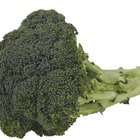
How to Eliminate Bitterness in Broccoli
How to Freeze Bok Choy
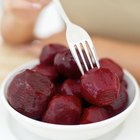
How to Boil Beetroot

Can I Use Kale That Has Yellowed?
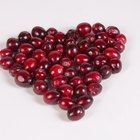
How to Freeze Sour Cherries

How to Tell When Tortellini Is Bad
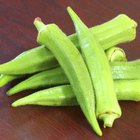
How to Tell if Okra Is Spoiled
How to Store Your Fresh Cut Kale
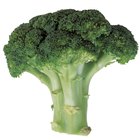
Can I Eat Broccoli's Stem?

How to Cook Fresh Turnip Greens

How to Freeze Ramps & Wild Leeks
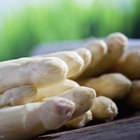
How to Roast White Asparagus
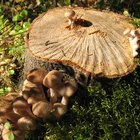
Mushrooms Found in Northern Michigan

How to Freeze Fresh Asparagus

How to Dry Artichokes

The Difference in Fresh or Dry Oregano
How Do I Clean Water Cress?
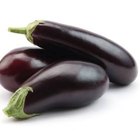
How to Clean Eggplant
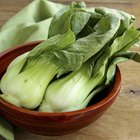
Bok Choy Nutrition
References
Writer Bio
Jonita Davis is freelance writer and marketing consultant. Her work has appeared in various print and online publications, including "The LaPorte County Herald Argus" and Work.com. Davis also authored the book, "Michigan City Marinas," which covers the history of the Michigan City Port Authority. Davis holds a bachelor's degree in English from Purdue University.
Photo Credits
Nick White/Digital Vision/Getty Images